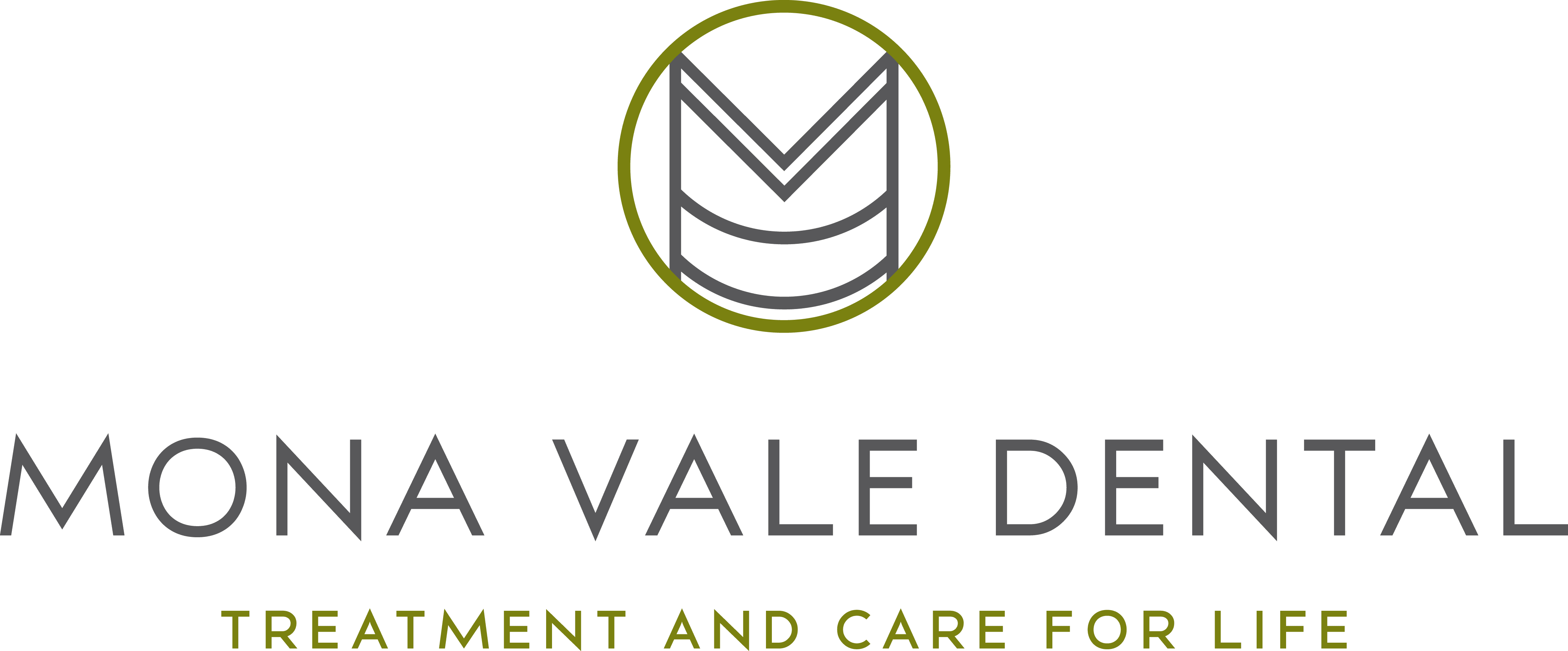Many parents are shocked by the impact that poor oral health can have on their child’s overall health. Healthy teeth are important to your child’s overall health. Taking your child to the dentist is important for helping your child to develop good oral healthcare practices that they will use throughout their life. It will also teach them that visiting the dentist is normal and nothing to be anxious about.
The Australian Dental Association recently reported “Tooth decay is a preventable disease that affects a large proportion of NSW children. Approximately 40% of primary school children in NSW have experienced tooth decay by 5 years of age, increasing to around 50% of children by age 9 years”.
[ez-toc]
When should your child first visit the dentist?
Generally speaking, children should start seeing the dentist from the age of two onwards. It is important that they are assessed for their early ‘dental milestones’ and to help parents make sure they are on the right track in terms of home oral care, diet and dental development.
The baby teeth are incredibly important as their health sets the tone for your child’s future, adult smile. This is why we encourage early and regular care.
Sometimes very young children won’t have an actual examination on their first visit, but they will get a chance to sit and play in the dental chair. It is a great way to familiarise them to a new environment and to introduce them to the dentist as a fun and non-scary person.
It is well recognised that children who are used to coming to the dentist from a young age seldom develop dental phobias and enjoy better dental health throughout life.
How often should your child visit the dentist?
Children’s teeth (often called milk teeth or baby teeth) are not the same as adult teeth and are more porous, so decay can spread more rapidly into the nerve and cause an abscess. They are also in a constant state of movement (as are most children!) as they grow, so for these reasons we recommend that your children come in every six months to have their mouth checked and teeth cleaned.
We want to spot any problems before they develop such as teeth grinding, lisping, tongue thrusting or breathing through their mouth. We will also look out for any signs of tooth decay. This is why we advise coming in regularly even if your child isn’t experiencing any problems. We also want to ensure that your child’s teeth are erupting properly.
Why is good oral hygiene important for children
Tooth decay is on the rise, so it’s important to teach your child good oral health habits. Getting into a routine of regular dental care is one of the best ways for children to fight cavities. Brushing your child’s teeth daily to remove plaque is important. Plaque is a soft, sticky, almost invisible layer of bacteria that forms on teeth every day.
Poor oral care can lead to infection, disease, or other teeth problems. Besides taking your children to the dentist, you should also personally teach them how to properly take care of their teeth. Teaching your children good oral healthcare habits early in life will make them more likely to care about their oral hygiene for the rest of their lives.
Tips on taking care of your children’s teeth
The earlier you can focus on brushing teeth for children, the sooner it will become a long-term habit.
You can start cleaning your baby’s teeth as soon as the first tooth comes through which is typically around 6 months. Use a soft damp cloth to gently wipe the gums and when a few teeth are present, replace the cloth with a toothbrush that has a small head and soft bristles.
Teeth and gums should be brushed twice a day, once in the morning and once at night before bed. It is important that family members do not share toothbrushes.
For children over 18 months and up to 5 years, use a small pea-sized amount of child strength fluoride toothpaste. When children are 6 and over, normal strength toothpaste can be used. Using small circular motions, brush all sides of each tooth and the gums. Brush backwards and forwards on all chewing surfaces. The fluoride in toothpaste will help prevent tooth decay. Children should spit out, and not swallow or rinse after brushing.
While children should be encouraged to brush their own teeth, they do not have the manual dexterity and skill to use a toothbrush correctly until they are around 7 or 8 years old. It is therefore recommended to supervise and help children brush and floss their teeth up until 8 years old.
Choosing a children’s dentist on the Northern Beaches
At Mona Vale Dental, our team are also parents and are committed to making your child’s visit to us as fun as possible, aiming to make it educational and non-threatening. If you’re looking for a children’s dentist who is committed to making your child’s visit a positive one which will set them up for a lifetime of good dental health call us on 02 9997 1100 or book an appointment today.


